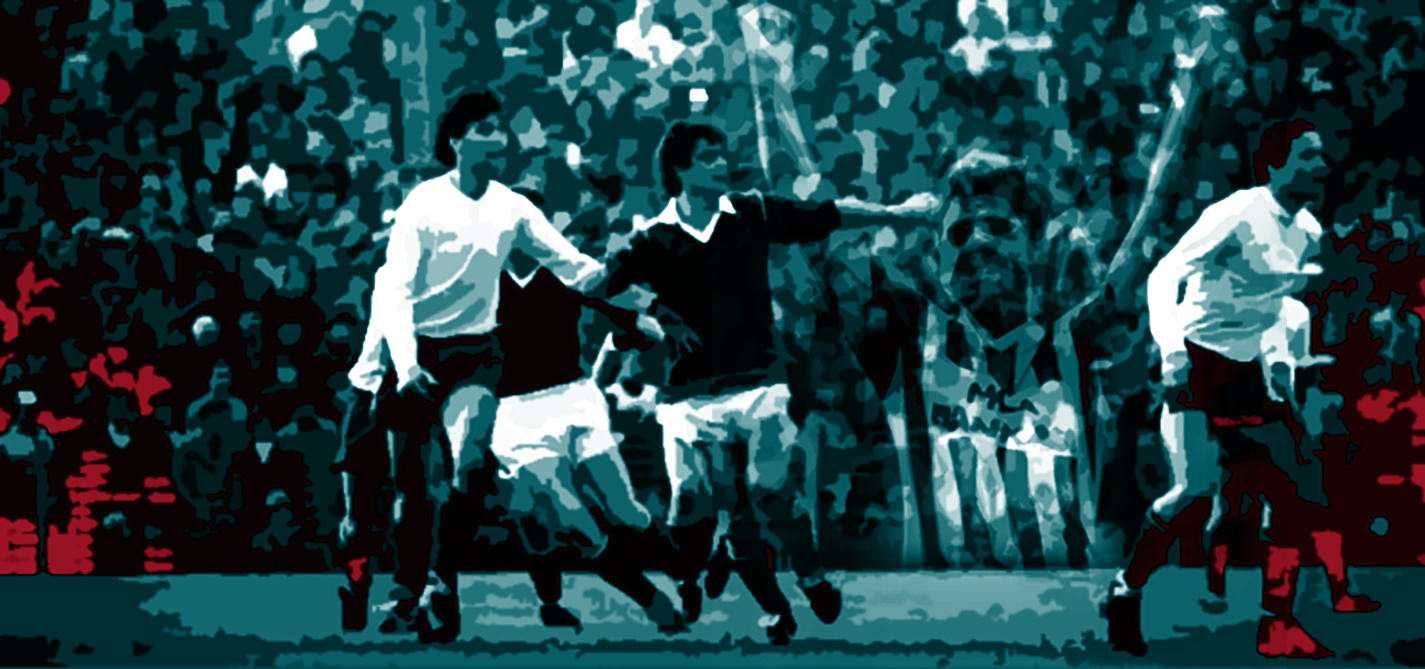
Fadil Vokrri… we didn’t need anything else
A reflection on my hero, and my father’s hero.
I cry again; I cry even louder.
I sometimes came onto the pitch as Fadil did, rolling the ball like goalkeepers do when they have the it in their hands.
We too can be good at what we do, just as my hero was.

Gezim Qadraku
Gezim Qadraku was born in Kosovo and grew up and lived in Italy for 20 years. He now lives in Germany. Gezim holds a Bachelor’s in International Political Science from the Università degli Studi di Milano and a Master’s in International Economics and Public Policy from the University of Trier. He speaks four languages.
This story was originally written in English.